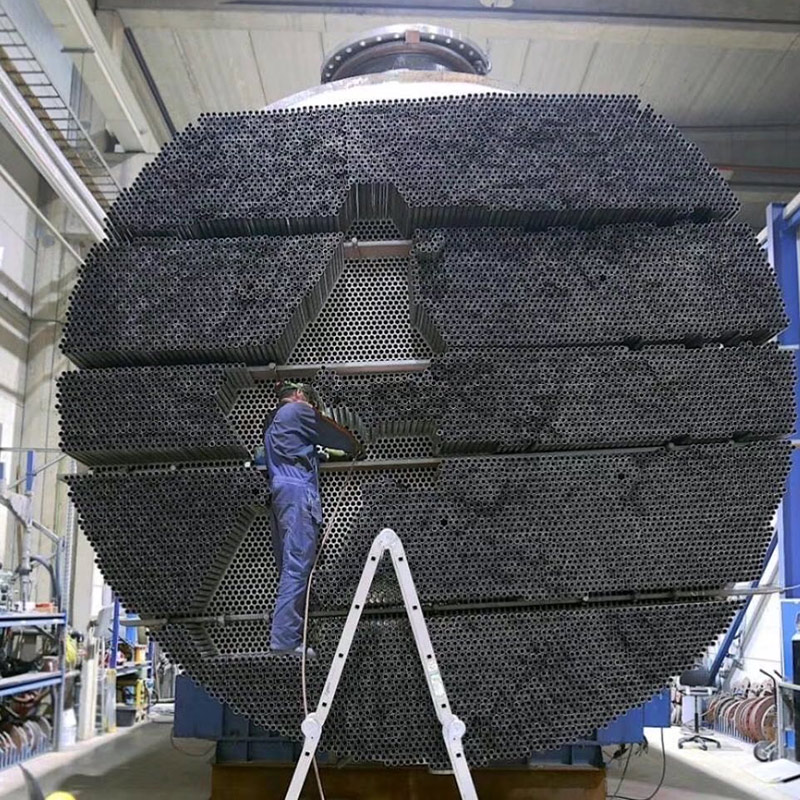Product Description
Boiler steel pipes are a critical component in modern industrial infrastructure, playing an indispensable role in a wide range of applications, from power generation to industrial processes. These pipes are designed to withstand high temperatures, pressures, and corrosive environments, making them essential for the efficient and safe operation of various thermal systems. This article delves into the significance of boiler steel pipes, their properties, manufacturing processes, and diverse applications.
Properties of Boiler Steel Pipes
Boiler steel pipes are meticulously engineered to possess a unique set of properties that enable them to function under extreme conditions:
High Temperature Resistance: Boiler steel pipes must maintain their structural integrity and mechanical properties at elevated temperatures. They are often subjected to temperatures exceeding 600°C in power plants and industrial facilities.
Pressure Resistance: These pipes are designed to withstand the high pressures generated by steam and other fluids in boiler systems.
Corrosion Resistance: Boiler environments are prone to corrosion due to the presence of moisture, oxygen, and various contaminants. Corrosion-resistant alloys or coatings are often applied to extend the lifespan of the pipes.
Creep Resistance: The ability to resist creep deformation under constant stress at high temperatures is crucial for the long-term reliability of boiler steel pipes.

Manufacturing Processes
The manufacturing of boiler steel pipes involves specialized processes to ensure their high-quality performance:
Seamless Production: Seamless manufacturing techniques, such as hot rolling or cold drawing, are commonly used to produce seamless boiler steel pipes. These pipes lack welded seams, which can be points of weakness under extreme conditions.
Heat Treatment: Heat treatment processes, such as annealing or normalizing, are applied to refine the microstructure and enhance the mechanical properties of the pipes.
Quality Control: Rigorous quality control measures are taken throughout the production process to ensure that the pipes meet stringent standards for dimension accuracy, material composition, and mechanical properties.
Applications of Boiler Steel Pipes
Boiler steel pipes find diverse applications in industries that rely on thermal systems:
Power Generation: Boiler pipes are the backbone of power plants, where they facilitate the generation of steam to drive turbines and produce electricity.
Industrial Processes: Industries such as petrochemicals, food processing, and manufacturing utilize boiler systems for various heating and processing applications.
Heating Systems: Residential and commercial heating systems, including central heating boilers, also employ boiler steel pipes to distribute heat efficiently.
Oil and Gas: In the oil and gas sector, these pipes are utilized for steam generation, refining processes, and the transportation of fluids.
Conclusion
Boiler steel pipes stand as a testament to human engineering prowess, enabling the operation of thermal systems in diverse sectors. Their exceptional properties, specialized manufacturing processes, and versatile applications underscore their significance in modern industrial infrastructure. As technology advances, boiler steel pipes continue to evolve, contributing to increased efficiency, safety, and sustainability in the ever-growing demand for energy and thermal processes.
Post time: Sep-14-2023
